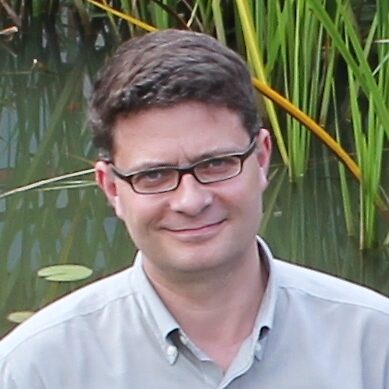Seminar by Prof Johannes Hecker Denschlag 'Reactions in the ultracold'

Date
Location
Description
Speaker:
Dr. Johannes Hecker Denschlag
Professor, Institut für Quantenmaterie, Universität Ulm, Germany
Seminar Title:
Reactions in the ultracold
Abstract:
Progress in the field of ultracold quantum gases in recent years has allowed for the preparation of atoms and molecules in precisely defined quantum states in all degrees of freedom. Besides the motion and the internal spin states of the particles also their environment as well as their mutual interaction can be controlled almost to perfection. These are ideal conditions to study chemical reactions on a very fundamental level where the reactants are prepared in a well defined quantum state. This is the focus of a new field of research which is currently developing, ultracold chemistry. In our group we investigate inelastic and reactive collisions of neutral and charged atoms as well as molecules.
I will first present experimental studies of inelastic collisions of metastable ultracold triplet molecules in the rovibrational ground state. The measurements are performed with nonpolar Rb2 dimers which are prepared in precisely-defined quantum states and trapped in an array of quasi-1D potential tubes. Inelastic collisions of these molecules require them to flip their total electronic spin from 1 to 0. We investigate whether this spin flip leads to a suppression of molecular relaxation.
In the second half of my talk I will present another set of experiments where we investigate reactions of a single trapped Ba+ ion with ultracold Rb atoms. We find that already at moderate atomic densities of about 10^{12} cm-3 three-body processes strongly dominate over two-body reactions. Although it has been predicted that in these cold three-body collisions BaRb+ ions should be formed, only recently have we been able to observe these molecules. This is because the formed molecules are highly reactive and quickly decay in secondary collisions.
Subscribe to the OIST Calendar: Right-click to download, then open in your calendar application.



